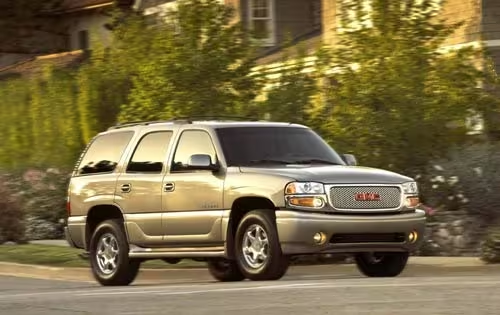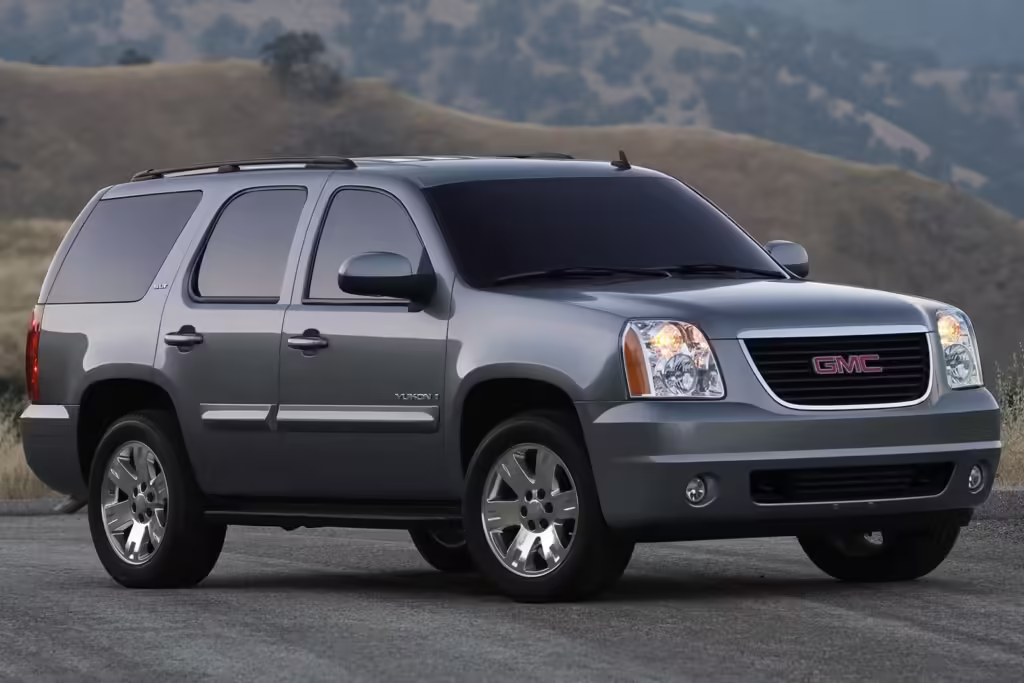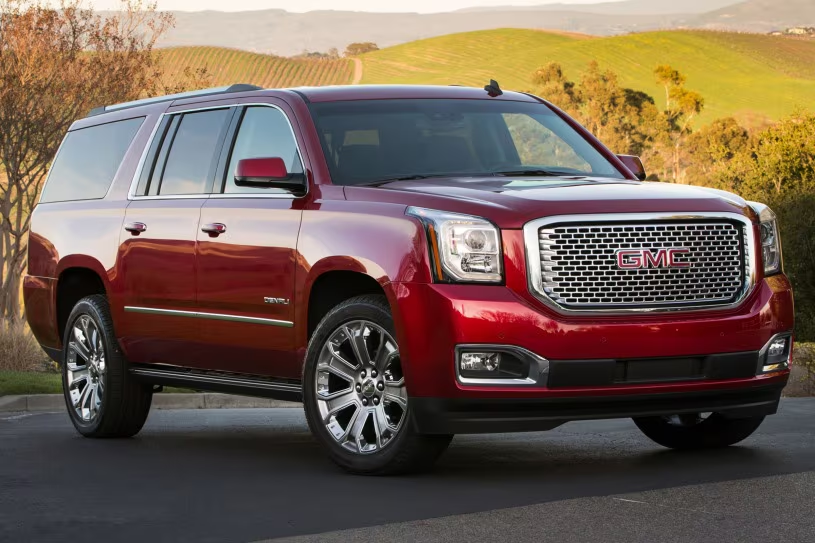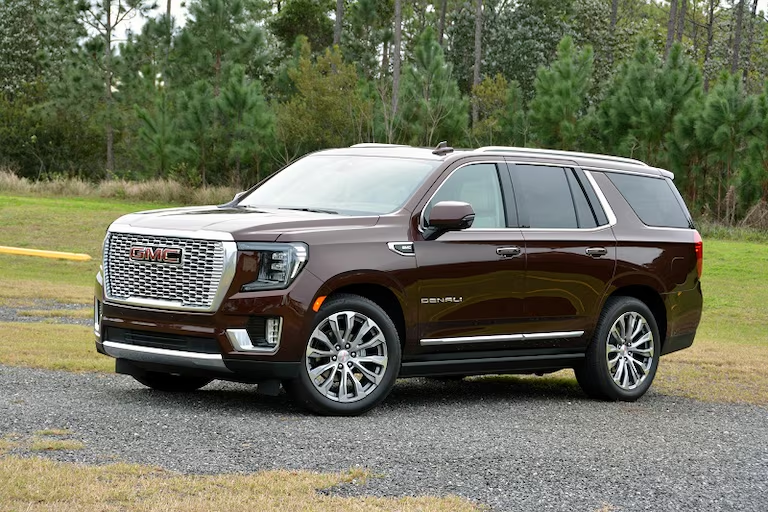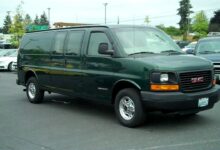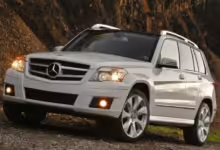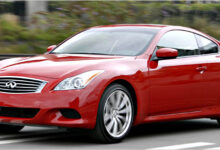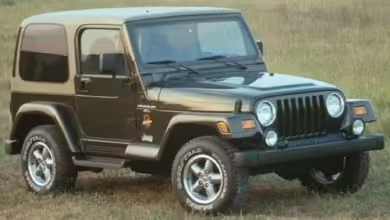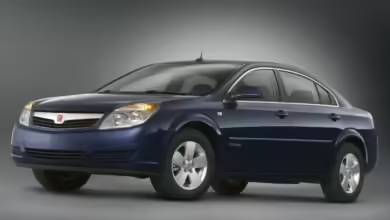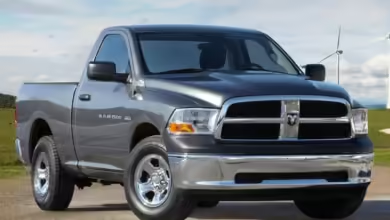Yukon Denali Years to Avoid: A Guide to Problematic Models
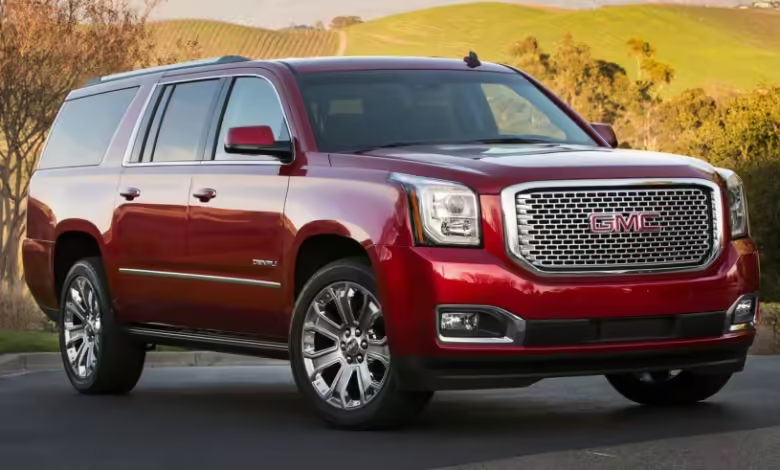
Some years of the Yukon Denali have more problems than others, making them less reliable. Issues like faulty transmissions, electrical failures, and safety concerns have affected several models. Avoiding these troublesome years can save you from costly repairs and frustration. Below is a breakdown of the years to avoid and why they have a bad reputation.
2003-2004 GMC Yukon Denali: A Rocky Start
The 2003 and 2004 models are often cited among the Yukon Denali years to avoid due to numerous reliability issues. These early 2000s models are plagued by a host of problems, ranging from electrical issues to significant transmission faults. One of the most concerning issues with these years is the persistent problem with the airbags, which led to multiple recalls. The transmission issues were also a major concern, with many owners reporting harsh shifting and outright failures. Additionally, engine oil leaks were common in these models, which not only led to increased maintenance costs but also posed a risk of more severe engine damage if left unchecked. Overall, these years represent a low point in the Yukon’s history, with reliability and safety taking a significant hit.
2007 GMC Yukon Denali: A Year of Troubles
The 2007 Yukon Denali is another year that falls under the category of Yukon Denali years to avoid. Electrical system failures were a recurring issue, causing a wide range of problems from malfunctioning lights to more serious concerns like faulty stability control systems. This year was also notorious for airbag issues, which continued from earlier models, making it a risky choice for safety-conscious buyers. Transmission problems also persisted, with many owners reporting rough shifting that detracted from the driving experience. If you’re considering a used Yukon Denali, the 2007 model is one to steer clear of due to its widespread and significant reliability issues.
2015-2016 GMC Yukon Denali: Modern Features, Old Problems
While the 2015 and 2016 Yukon Denali models brought modern features and updated designs, they also introduced a new set of problems. Electrical issues were rampant in these models, particularly related to the car’s software. Owners frequently reported glitches in the stability control system and other driver assistance features, which could lead to dangerous driving conditions. Additionally, the seatbelt assembly was another area of concern, with some units being improperly tightened, leading to a recall in 2020. The driveshaft also posed reliability issues, with some vehicles experiencing power loss while driving, a significant safety hazard. Despite their modern appearance, these models should be approached with caution due to their underlying reliability concerns.
2022 GMC Yukon Denali: A New Model Year, Old Concerns
Even the 2022 Yukon Denali, despite being a recent model, has not escaped the trend of reliability issues. One of the most alarming problems with this model year is related to the driveshaft assembly, which wasn’t made heat-resistant enough. This flaw could cause sudden power losses while driving, significantly increasing the risk of a crash. Although a recall was issued to address this issue, it’s crucial to ensure that any 2022 Yukon Denali you’re considering has been serviced to fix this problem. This model year serves as a reminder that even new vehicles can have significant issues, and it’s always essential to do thorough research and due diligence before making a purchase.
